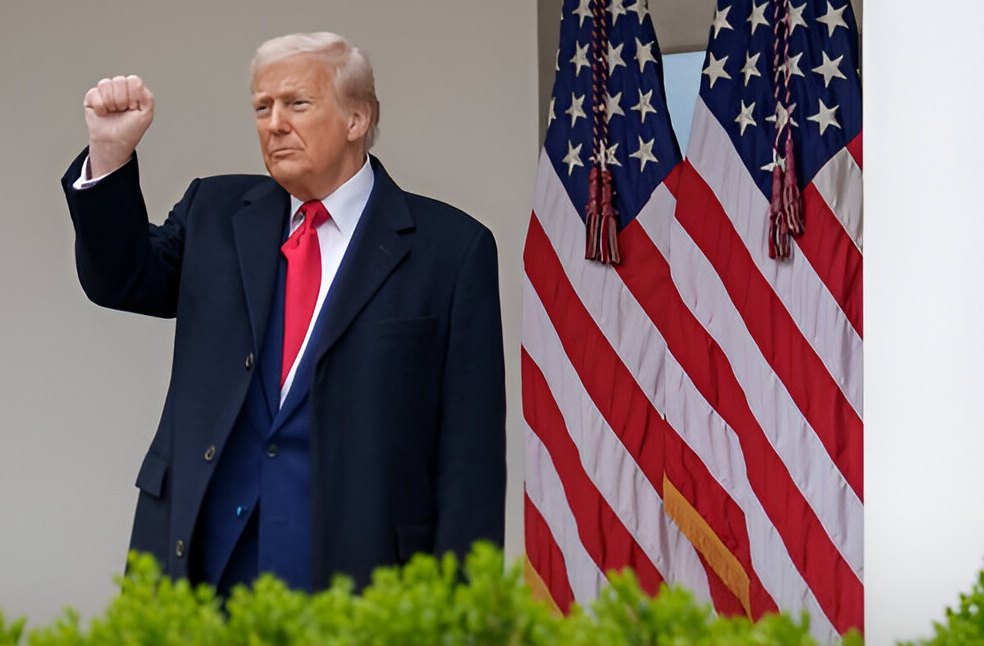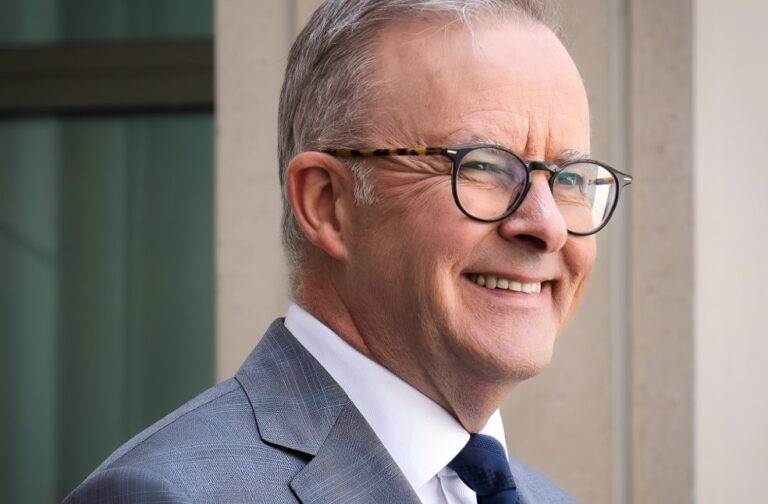Australia: Australia has dismissed China’s offer to unite in opposition to Donald Trump’s escalating trade war, despite the U.S. imposing a 10 percent import tax on Australian goods. Meanwhile, China raised its tariffs on Australian imports to a staggering 125 percent.
China’s Ambassador to Australia, Xiao Qian, argued that the only way to counter what he described as “hegemonic and bullying behaviour” from the U.S. was through joint resistance. He urged Canberra to cooperate with Beijing to defend the global trade environment from what he called “weaponised” trade tactics by the Trump administration.
However, Prime Minister Anthony Albanese responded by reaffirming Australia’s independence in decision-making, stating that Australians would “speak for ourselves.” Defence Minister Richard Marles added that Australia would not be “holding China’s hand,” highlighting the country’s focus on pursuing national interests rather than aligning with China on trade issues.
The developments come just hours after Trump announced a 90-day pause on high tariffs imposed on several countries, which will now face a reduced 10 percent tariff. However, China remains an exception, as the U.S. escalated tariffs in retaliation for Beijing’s 84 percent counter-tariffs on U.S. imports.

While Australia expressed anger over the tariffs, it has chosen not to retaliate. Instead, officials have indicated they are seeking further negotiations with Washington.
Xiao’s article criticised the possibility of a “weak compromise” on trade that could undermine the international economic order, leading to a global economic “quagmire.” He stressed the importance of safeguarding a fair and free trading environment, urging the international community to reject unilateralism and protectionism.
In response, Albanese highlighted Australia’s strong trade relationship with China but underscored the country’s commitment to diversifying its export markets beyond the U.S. Albanese commented that, “Eighty percent of trade does not involve the United States. There are opportunities for Australia, and we intend to seize them.”
Marles also pointed to efforts to reduce Australia’s economic reliance on China, concentrating on building resilience through new trade partnerships with nations such as Indonesia, India, the UK, and the UAE. In recent days, Trade Minister Don Farrell has engaged in talks with representatives from Japan, Singapore, South Korea, and India.
Australia’s response signals its intent to diversify its global trade portfolio, while remaining cautious about its dependence on both the U.S. and China.



